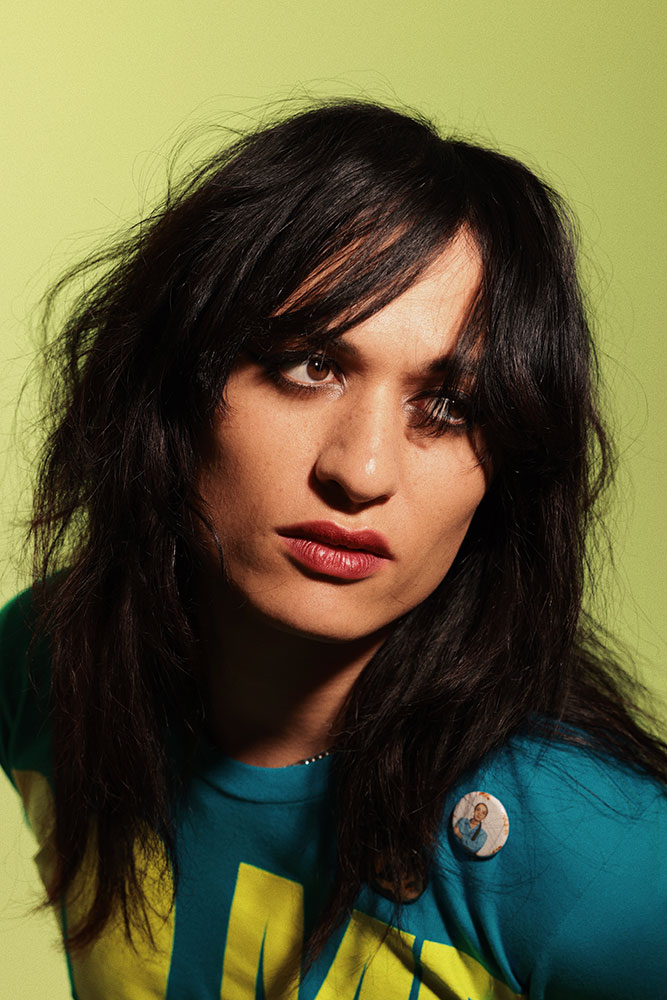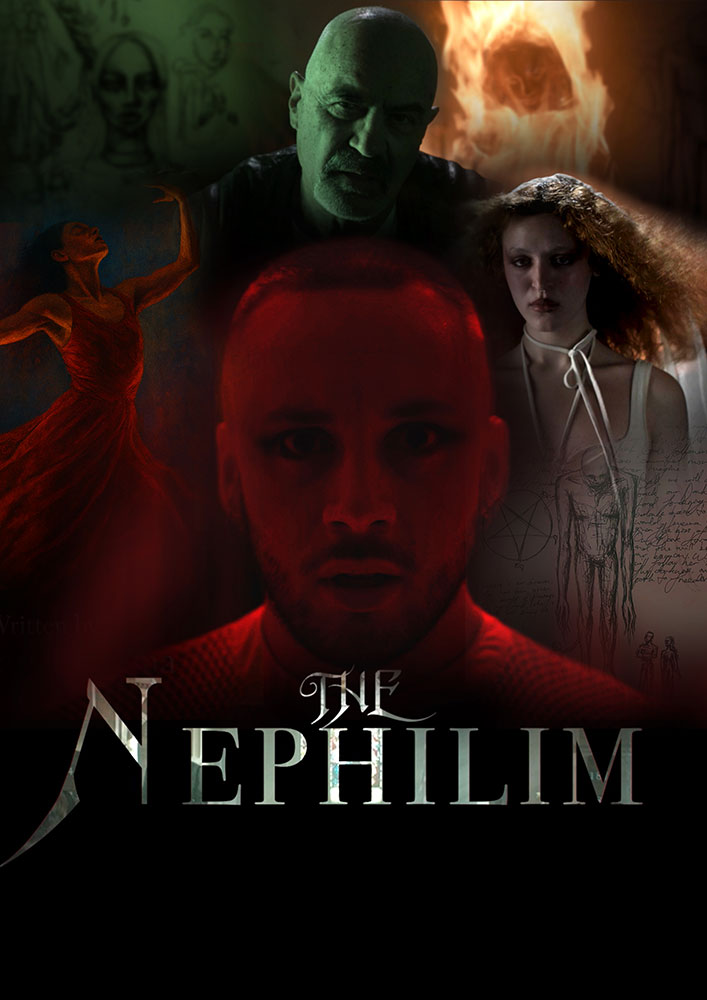
“What if queers really were demonic?” That’s the premise of filmmaker, actor and sometimes model Awa Puna’s latest project The Nephilim, a sensual, sizzling horror that follows protagonist Manu’s attempts to infiltrate the dance group House of Revel, where he discovers a lot more than he bargained for.
Awa’s writing and directing the short film, which will be shot across four days in Tāmaki Makaurau later this year. To realise her vision she’s bringing together a cohort of talent, who capture the kaupapa of the film, including Isaac Newcombe, Greg Smith, Damien Leith, Honey Givenchy, Lucia Munroe and Nadia Darby.
Though she’s writer and director for The Nephilim (and the award-winning TŪĪ in 2021), Awa’s career has also taken her in front of the lens, with roles in Whina, Ahikaroa, Vegas and of course Shortland Street.
Film’s her favourite medium, and she’s always gravitated to it. “No matter what I’m doing, I just want to be working in the film industry.”
Filmmaking relies on a creative community. “You’ve created this thing that just came from one idea, that you wrote down, but then eventually everyone brings their own magic to it. And it might be different to what you first envisioned on the page, but it’s usually better,” reflects Awa. “Everyone brings their own beauty to the storytelling.”
Costuming is very important to the concept, and they’ve got Jane Holland on board. Makeup will be by Kelly Mitchell.
Casting includes the “incredible” Ramon Te Wake, who will play Mother Revel. “I look up to her so much,” says Awa, who herself was directed by Te Wake in 2024 series The Boy, the Queen and Everything in Between. “Kath Akuhata-Brown always said to me, ‘Awa, with everything that you make, you’ve got to know what you want to say to the world’.”
Doing that, for The Nephilim, also relies on crowdfunding through Arts Foundation Te Tumu Toi, and the platform’s E Tū Toi initiative will match dollar for dollar the amount raised by the Boosted campaign.
“I’m pretty confident we’ll make it,” Awa says. “Boosted has been so awesome”. She’s been overwhelmed by the support, particularly from everyone she knows. “It’s really beautiful.”
The film is intended to be subversive and thought-provoking. An exploration of compassion, community and faith, the short film puts a local, queer lens – shaped by real-world trans experience – on horror.
“I love the horror genre because it does provoke people in a way, and I really want to do that with this film,” she says. “I want people to leave feeling a bit shook.”
References include Darren Aronofsky’s Black Swan and Luca Guadagnino’s Suspiria, and Awa, a self-declared “film geek”, has always been drawn to the concept of vampires (loves Buffy, and True Blood) and their role as social outcasts. These tropes, and character conventions of the horror genre, have long signified fears both from and of “the other”, representing minorities and marginalised groups.
Unlike vampires and werewolves, demons are viewed as “inherently evil”, so Awa saw them as a good vehicle for her satirical horror. There’s also the added layers of real-world folklore, where demons and spirits have historically been used to explain behaviour that challenges social norms.

Her film acts as a funhouse mirror to attitudes around the queer community in Aotearoa. “There are some people that are so set on creating hate for our community, and I wanted to bring their worst fears to life, and show them what it would look like if they’re nightmares were actually real,” she explains, though they were intent on coming at it with love and compassion, aware of the subjectivity at play in shaping perceptions. “The meaning of the film is that evil is in the eye of the beholder. Whatever you choose to be, evil will become evil.”
As the horror genre shows again and again, we’re drawn to things that scare us. Awa started writing The Nephilim, after experiencing a confrontation while participating in a transgender rights rally.
Concerned about the rise of anti-LGBTQI+ rhetoric in Aotearoa, particularly among church groups, she was compelled to explore and challenge the ideology. “At the beginning I was really scared, thinking ‘am I kicking up the dust too much’, but a friend said ‘no Awa you should lean into it. Don’t be afraid. Say what it is that you really want to say’.” So she did.
There’s one particular line in the film that gets to the heart of her story and what she wants to say. “Someone says ‘you can never kill your demons, so that’s why we dance with them’,” Awa explains. “People are only afraid of the darkness because they don't see what lies beyond it, but once you shed light on it, you’re not so afraid of it anymore.”





